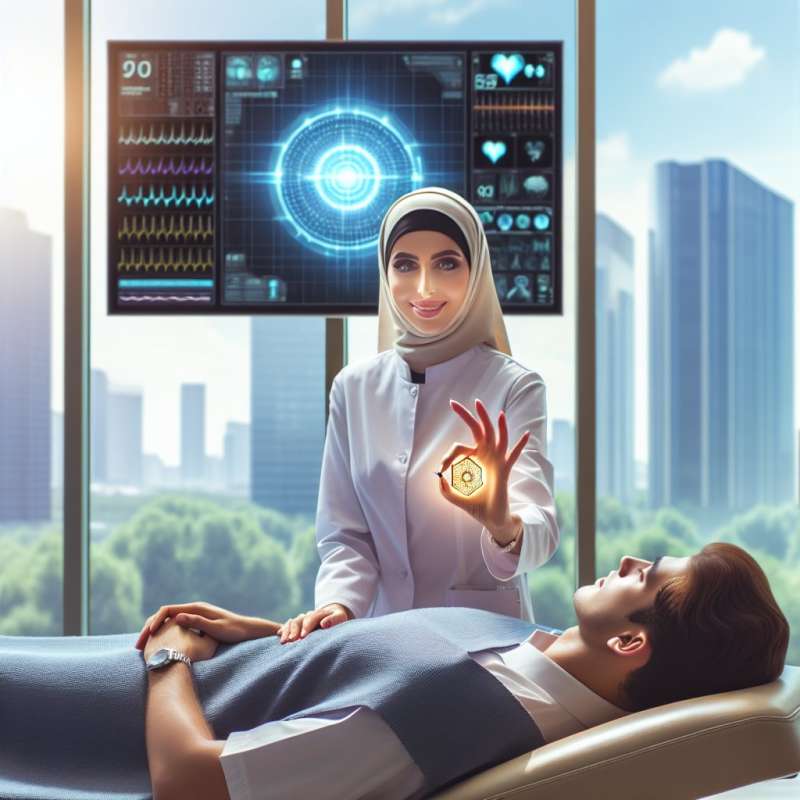
Microchips: A Definition
Microchips, tiny semiconductor devices, can store and process information. In humans, they're used for identification, medical records, and, potentially, enhancing cognitive abilities.
Early Human Microchipping
The first human microchip implants surfaced in the late 1990s, primarily for accessing secure locations and storing medical data, anticipating future advancements in biohacking.
Medical Applications Explored
Microchips in humans can revolutionize healthcare, enabling real-time health monitoring, quick access to medical history, and even direct delivery of medications into the body.
Privacy and Ethics
Microchipping raises significant concerns about privacy and consent, with fears of tracking and unauthorized data access sparking ethical debates on bodily autonomy.
Future Cognitive Enhancements
Research suggests future microchips could interface with the brain, potentially enhancing memory or learning speeds, a concept that remains controversial yet intriguing.
Legal Framework Lagging
Legislation struggles to keep pace with technological advancements in human microchipping, leading to a murky legal landscape regarding rights and protections.
Surprising Microchip Uses
Beyond conventional uses, microchips have been utilized in VIP experiences at clubs, social media integration, and even to confirm VIP status for exclusive services.
What do microchips in humans store?
Music and videos
Identification and medical records
Shopping lists
Company